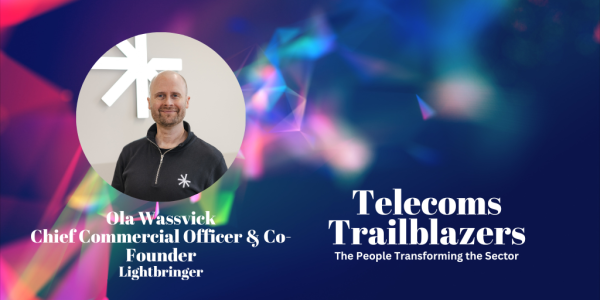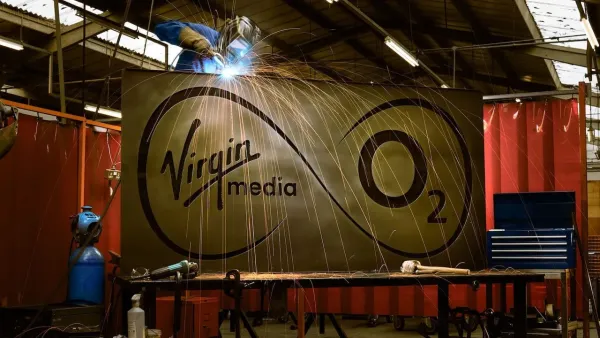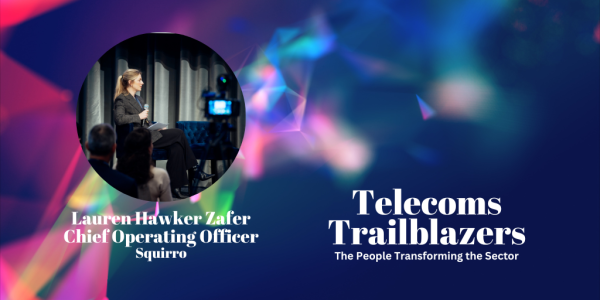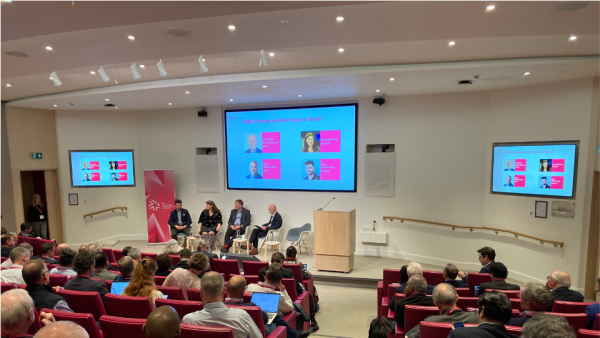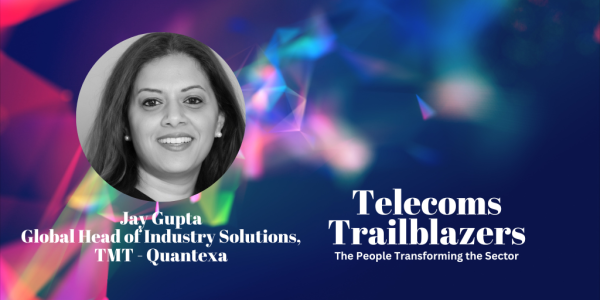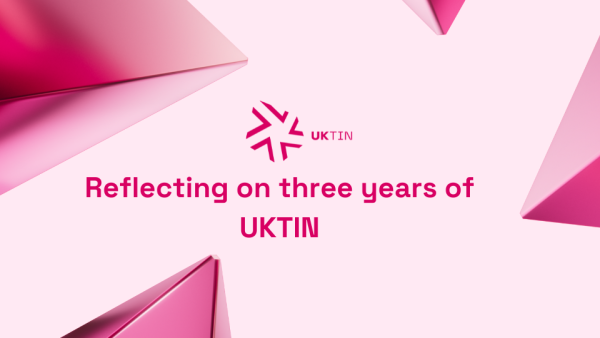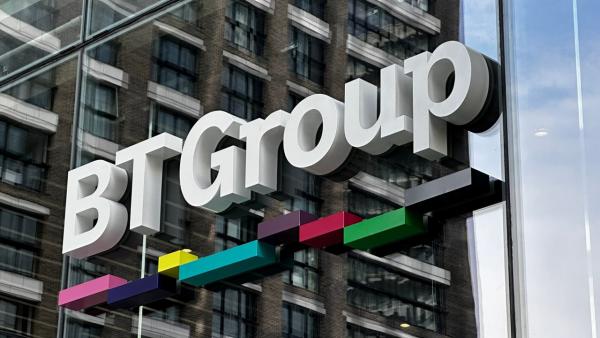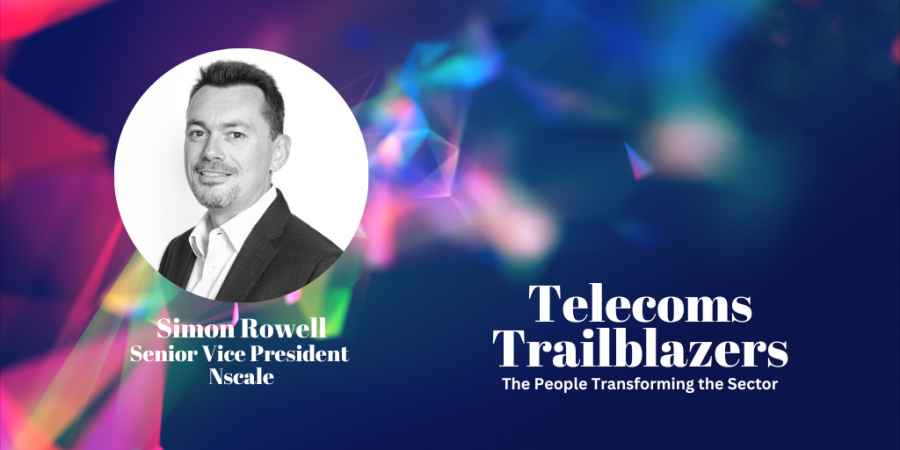
Hi, I’m Simon Rowell — after three years in the public sector, I’m now leading government affairs for a UK AI hyperscaler called Nscale. Previously, I worked as an adviser for Innovate UK, UK Research and Innovation (UKRI) and for DSIT for two years.
Our mission is to build sovereign AI infrastructure, which, despite the important synergies with telecoms digital infrastructure, is focused on providing AI compute services. We are innovating at the intersection of AI, HPC and energy to build bespoke, sovereign AI infrastructure at scale – the aim is to serve the public sector, R&D, and enterprise communities whilst working closely with global telecoms firms and digital infrastructure companies.
As an AI hyperscaler, we can manage every layer in the value chain to meet the intensive needs of large-scale customers. Globally, there is an arms race for AI compute, with the US and China leading the way. However, the UK has some great AI assets and has realised it needs to compete alongside countries globally. We cannot be left behind.
AI has been instrumental in many recent telecom projects, and there have been some exciting hardware developments, but we cannot become complacent. To hold our own, we need to assist people with AI and truly resilient infrastructure.
What do you enjoy most about working in this space?
I enjoy helping the UK build brilliant AI infrastructure. We have some great AI companies and R&D assets. As Jensen Huang, CEO of Nvidia, says, ‘The UK is in the goldilocks zone when it comes to AI: so, why not try to make the most of this potential?’ AI will also be able to help solve some of the greatest problems globally, from climate change to cancer, which has created a motivation to work on this.
What’s the most ridiculous thing you’ve done in the name of work?
I was working as a graduate at Reuters, the news and information company. I was ‘put forward’ to help out in the Lord Mayor's Parade; however, I wasn’t told the role would involve dressing up as a satellite dish and walking around the streets of the City of London in the pouring rain. It was at the beginning of my career, so, of course, I did my best to be enthusiastic.
Where do you see telecoms heading?
Telecoms is the infrastructure that makes everything else happen. You’re seeing convergence between AI, quantum and other leading technologies – and telecoms is the glue that brings that together. I now work for a company that builds AI infrastructure, but that infrastructure can’t work without telecoms connectivity. It will continue to be a critical asset.
What would you like people to know about your work?
People tend to think that it’s only Google, Microsoft, or AWS that can provide AI cloud services, or large US hyperscalers. When they find out Nscale – a British company – can do the same, they are often surprised. The major benefit here is that Nscale is subject to UK legal jurisdiction (not overseas data access laws), so you have much more control over your valuable AI datasets. This is critical for competitive R&D work, defence, security, and other sensitive data used for AI.
Why is a vibrant, flourishing telecoms ecosystem important for the UK?
You can’t live without telecoms connectivity. Without telecoms, we wouldn’t have apps or the technologies we use daily. Telecoms needs to thrive, but to do so, the sector needs an ecosystem and a voice to represent it. We must continue to build on our successes, and thankfully, DSIT is investing further in this area. Telecoms is a great industry, with a remarkable UK heritage, so let’s capitalise on this internationally to attract further inward investment.

